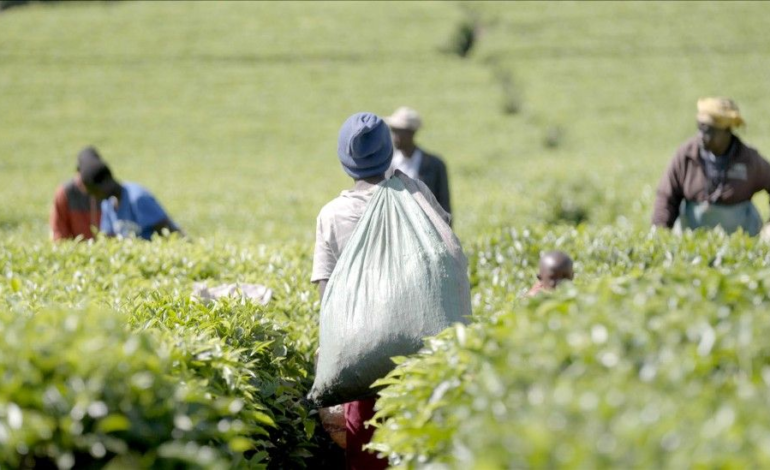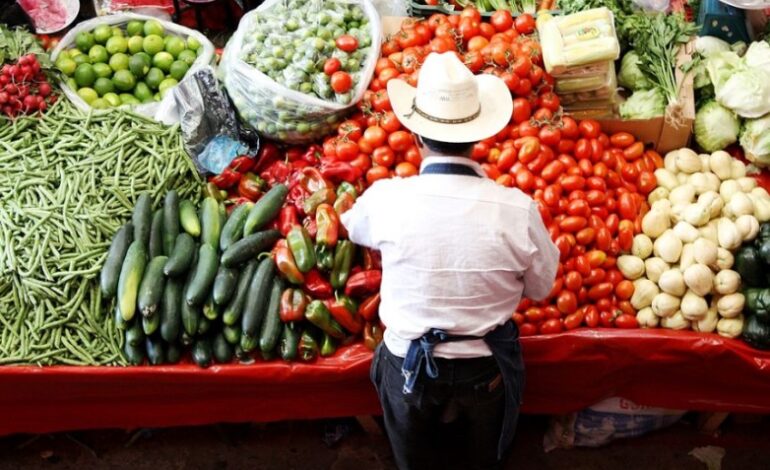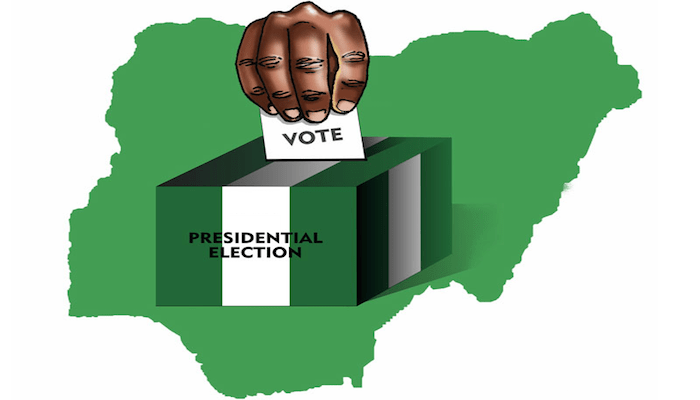
Avellon Williams
GERMANY- It may not be the best environment to hold a smooth election due to Nigeria’s economic woes and violent conflicts. However, the result will have an impact on Germany’s relations with the West African nation.
Nigeria’s 2023 election will have high stakes for both candidates and voters. How the election is conducted and who wins will be closely watched by the world.
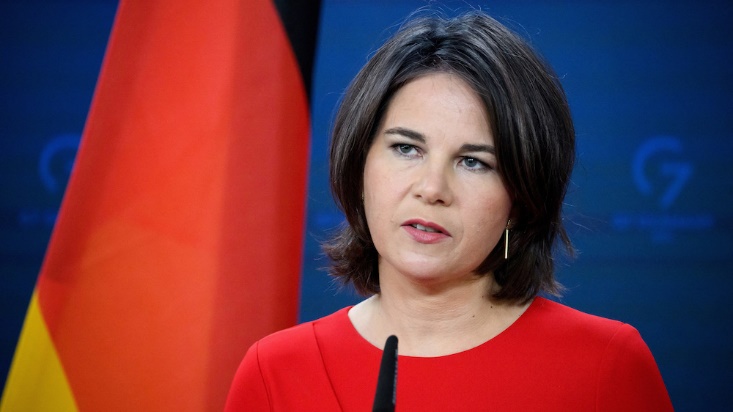
According to German Foreign Minister Annalena Baerbock last year, Nigeria is more than a country. It is a voice that “carries international weight.”
The largest economy and most populous country in Africa is Nigeria. There is no doubt Abuja exerts a great deal of influence over how the African Union positions itself on international issues, whether it be climate change or Russia’s war in Ukraine.
Baerbock said ahead of her December 2022 trip to Nigeria, “we want to work more closely with this important partner.”
Election results will determine whether this occurs or not, according to observers.
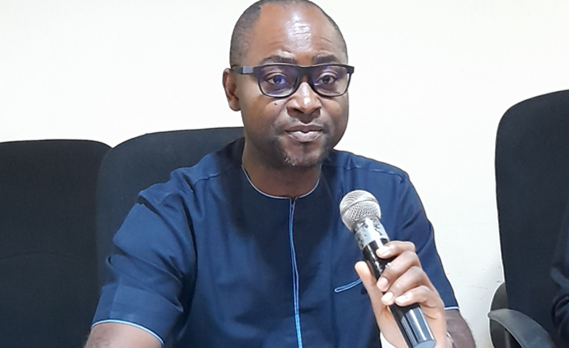
“It is the first time that we are holding elections in a state of general uncertainty. The territorial integrity of Nigeria is at stake,” said Nkwachukwu Orji of the University of Nigeria.
It has been a period of chaos throughout most of the country due to separatists and criminal gangs in the south, bloody conflicts between farmers and herders in the center, and Islamist terror in the north.
Closely contested race raises tensions
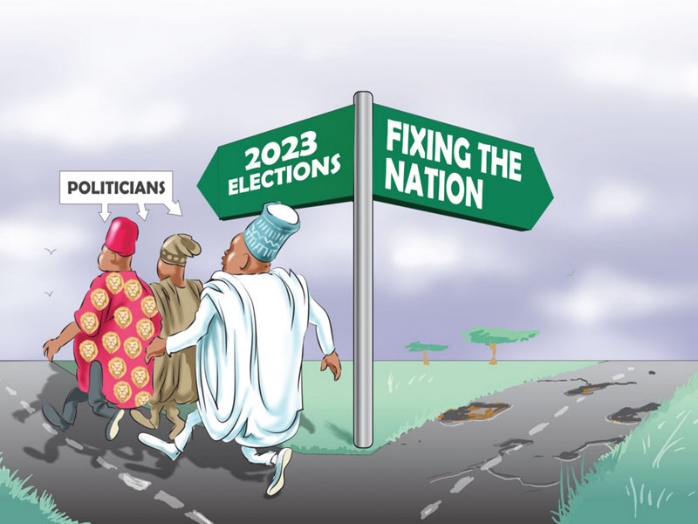
The situation may worsen further, according to political observers in Berlin and other European capitals. There have been violent outbreaks during previous elections, even though the security situation was better. Since Nigerian President Muhammadu Buhari must step down after serving two terms, this election is extremely closely contested.
Only three out of 18 candidates stand a realistic chance of winning the presidency on February 25. Aside from Bola Tinubu of the ruling All Progressives Congress and former Vice President Atiku Abubakar of the People’s Democratic Party — which have dominated Nigeria’s politics since the 1990s — there is another strong candidate: millionaire businessman Peter Obi for the Labour Party, a popular candidate among young people.
There are concerns among Western donors that the election may end in violence or long disputes, weakening Nigeria’s leadership role in Africa. However, it does not have to come to that.
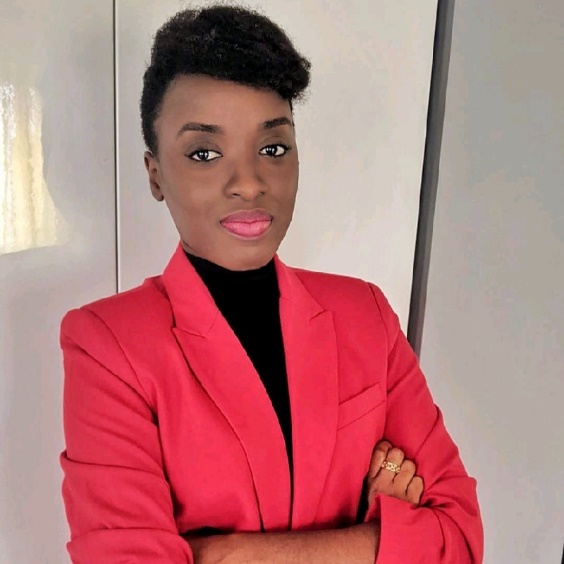
According to Lynda Iroulo of Georgetown University in the United States, “the outcome of elections in Nigeria is difficult to predict. Several times in Nigeria’s history, there have been fears of violence after an election, and nothing happened.”
Goodluck Jonathan, Nigeria’s then-president who relinquished power peacefully in 2015, is one example.
Migration a major concern for Western nations
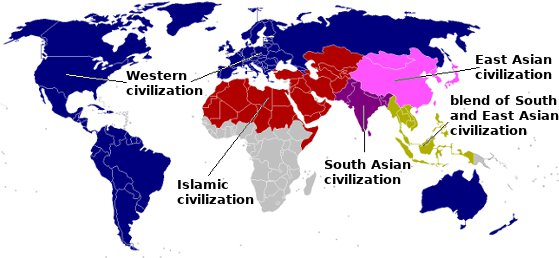
In the event that things do not go well this time, or if the new government fails to control Nigeria’s problems, Western countries will be subjected to additional consequences.
Researcher Orji told reporters, “migration will be a big issue. Already a lot of people are leaving. It shows how little they trust the country to take care of its people.” Uncertainty has made partners like Germany uncomfortable.
A long time ago, Nigeria was one of the top 10 countries of origin for asylum seekers in Germany. For the same length of time, Germany has pushed Nigeria to slow down irregular migration and accept rejected asylum seekers more quickly.
During bilateral talks between former Chancellor Angela Merkel and President Muhammadu Buhari, the issue always dominated discussion.
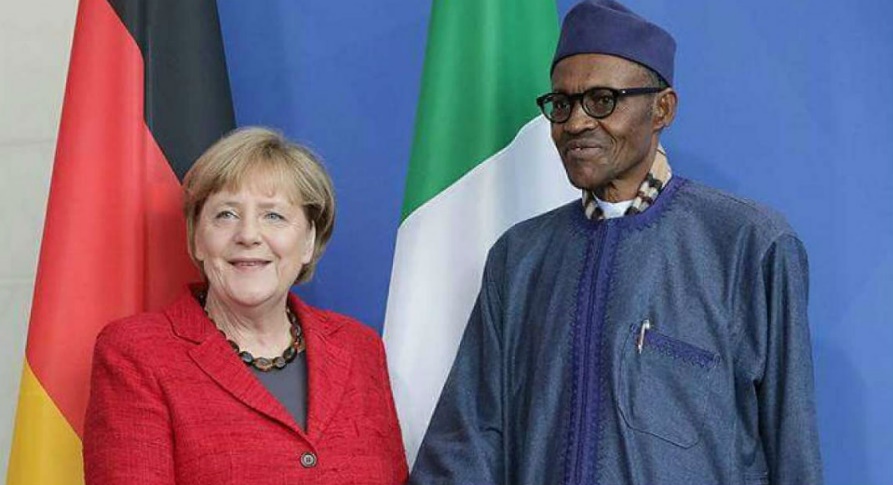
The outcome of the 2023 election could also affect migration cooperation in the future.
“Peter Obi is the only one of the three candidates who has not only promised closer relations with foreign countries, but also wants to change the way Nigerians are treated in Western countries,” said Iroulo.
It is possible for an Obi government to demand that Germany make it easier for Nigerians to obtain visas. It is unlikely that Berlin will agree to this.
For Germany, Nigeria is an important trading partner
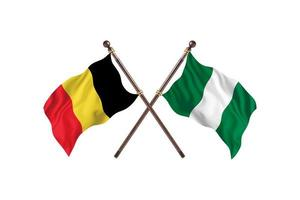
No matter who wins the election, the German business community is looking forward to the upcoming change of power in Nigeria.
According to Christoph Kannengiesser of the German-African Business Association, “all candidates in the run are more business-friendly than the current government.”
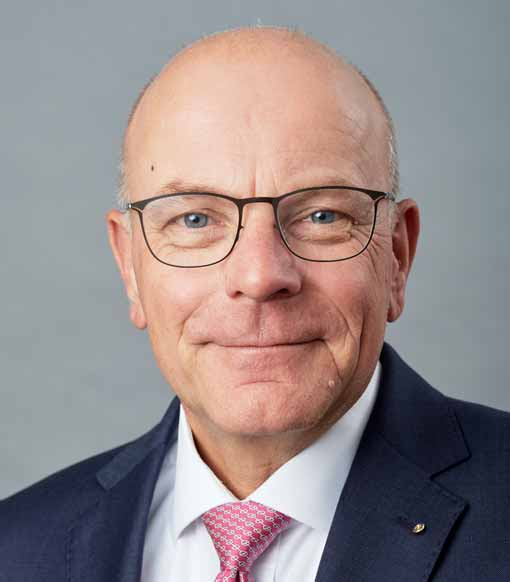
The potential for closer cooperation was evident to him. In sub-Saharan Africa, Nigeria is the second most important trading partner for German companies after South Africa. “Nigeria is a difficult but interesting market for German companies,” Kannengiesser said.
Cooperation between politicians and investors is particularly important when it comes to renewable energy. By 2045, Germany plans to achieve climate neutrality. In order to achieve that goal, it urgently needs green hydrogen, which Nigeria could also provide. As recently as 2021, the German government opened a liaison office in Abuja.
Kanengiesser has urged Berlin to invite the newly elected Nigerian leadership to Germany as soon as possible. It is likely that the German government will agree if the vote remains peaceful and a credible result emerges.


